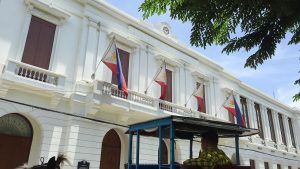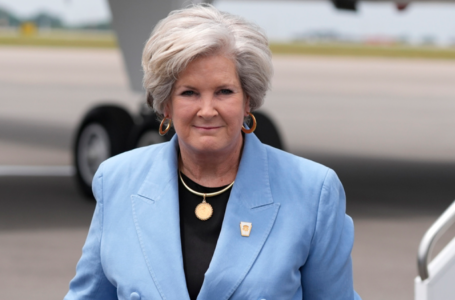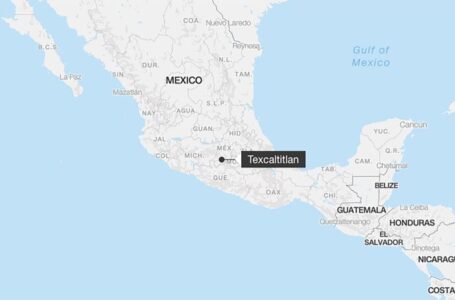Missing Israeli citizen found dead in UAE in ‘antisemitic terrorist act,’ Israel says
National Gov’t gross borrowing up 28.2% in Nov. as domestic debt surges


THE National Government’s gross borrowing rose 28.2% year on year in November, as domestic debt continued to grow in the double digits.
The Bureau of the Treasury reported that gross borrowing rose to P125.462 billion in November from P97.865 billion a year earlier.
Gross domestic debt surged 59.4% to P121.020 billion in November. This accounted for 96.46% of total borrowing during the month.
Domestic debt consisted of P100 billion in fixed-rate Treasury bonds, P6.02 billion in Treasury bills, and P15 billion in tokenized bonds.
The Philippines issued P15 billion or $270 million in a maiden offering of tokenized bonds earlier in November.
Meanwhile, external debt dropped 80% to P4.44 billion, consisting of new project loans. There were no program loans and global bonds recorded for the month.
For the 11-month period, gross borrowing declined 0.14% to P2.101 trillion.
Domestic borrowings rose 1.9% to P1.64 trillion during the 11 months. This accounted for 78.1% of total borrowing for the period.
Fixed-rate Treasury bonds accounted for P1.155 trillion of domestic debt, followed by retail Treasury bonds (P252.091 billion), Treasury bills (P145.717 billion), retail onshore dollar bonds (P71.78 billion), and tokenized bonds.
Meanwhile, external debt as of November fell 6.6% to P460.756 billion.
This consisted of P187.573 billion in program loans, P163.607 billion in global bonds, and P109.573 billion in new project loans.
Rizal Commercial Banking Corp. Chief Economist Michael L. Ricafort said higher borrowing in November was due to elevated inflation, which increased government expenditure.
Headline inflation grew to 4.1% in November, falling from 4.9% in October and 8% in November 2022. This was the weakest inflation reading in 20 months, but it was still above the 2-4% target band for a 20th consecutive month.
Mr. Ricafort said that elevated interest rates also drove borrowing costs higher.
The Bangko Sentral ng Pilipinas (BSP) kept interest rates steady in November, after it delivered a 25-basis-point (bp) off-cycle rate hike in October. The benchmark interest rate stood at a 16-year high of 6.5%.
Since May 2022, the central bank has raised borrowing costs by a cumulative 450 bps.
Mr. Ricafort said easing inflation amid declining global crude oil prices would support possible local policy rate cuts this year, which could reduce debt servicing and temper additional government borrowings.
A BusinessWorld poll of 13 analysts last week yielded a median estimate of 4% for December inflation. This is also within the 3.6% to 4.4% forecast given by the BSP last week.
If realized, December would finally hit the BSP’s 2-4% target range after 20 straight months of above-target inflation readings. It would also mark the slowest pace since the 3% in February 2022.
The Philippine Statistics Authority will release inflation data for December on Friday, Jan. 5.
This year, the National Government plans to borrow P2.207 trillion, consisting of P1.654 trillion from domestic sources and P553.5 billion from foreign creditors. — Keisha B. Ta-asan











